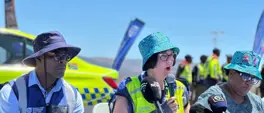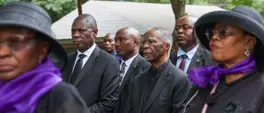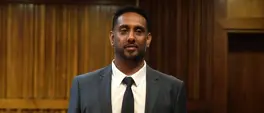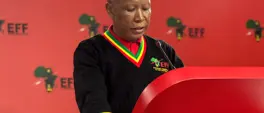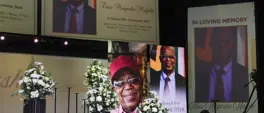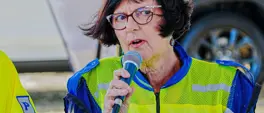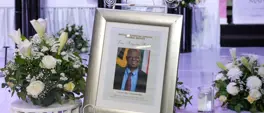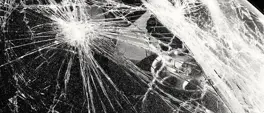Murder-accused surgeon Beale's treatment of child patient 'against everyday practice' - witness
Bernadette Wicks
30 January 2024 | 10:26The internationally renowned Peter Beale has been accused of reckless conduct, resulting in the deaths of three children he operated on.
JOHANNESBURG - An expert witness in murder-accused paediatric surgeon Peter Beale’s trial has described the treatment of a three-year-old patient whose death he’s charged over as "inadequate" and "against everyday practice".
The internationally renowned Beale’s been accused of reckless conduct, resulting in the deaths of three children he operated on.
His trial finally got underway on Monday, with Beale pleading not guilty and the State calling another paediatric surgeon as its first witness.
The matter resumed on Tuesday morning, with the same witness - whose identity the court has ordered cannot be made public - still testifying.
Among the children whose deaths Peter Beale is now charged with, is a three-year-old boy.
He’s accused of misrepresenting to this child’s parents that a biopsy had confirmed he had Hirschsprung’s Disease and required "pull-through" surgery, when, in truth, there was no confirmation of the diagnosis and the surgery was "unnecessary and inappropriate".
The expert witness on the stand at the moment is also a paediatric surgeon and sat on an HPCSA committee that presided over a disciplinary hearing for Beale.
And in court on Tuesday, he led evidence around his findings, which included that Beale ignored a normal biopsy report in this case and embarked on a "complex, complicated" procedure "for a non-existent disease" while convincing the parents it was relatively simple.
He said there’s little doubt in his mind that Beale did so knowingly, for monetary gain.
He also says there were a "myriad" of aspects of the child’s treatment that were "inadequate" and "against everyday practice for a reasonable paediatric surgeon".
Get the whole picture 💡
Take a look at the topic timeline for all related articles.


